8. The Last Movie (1971)
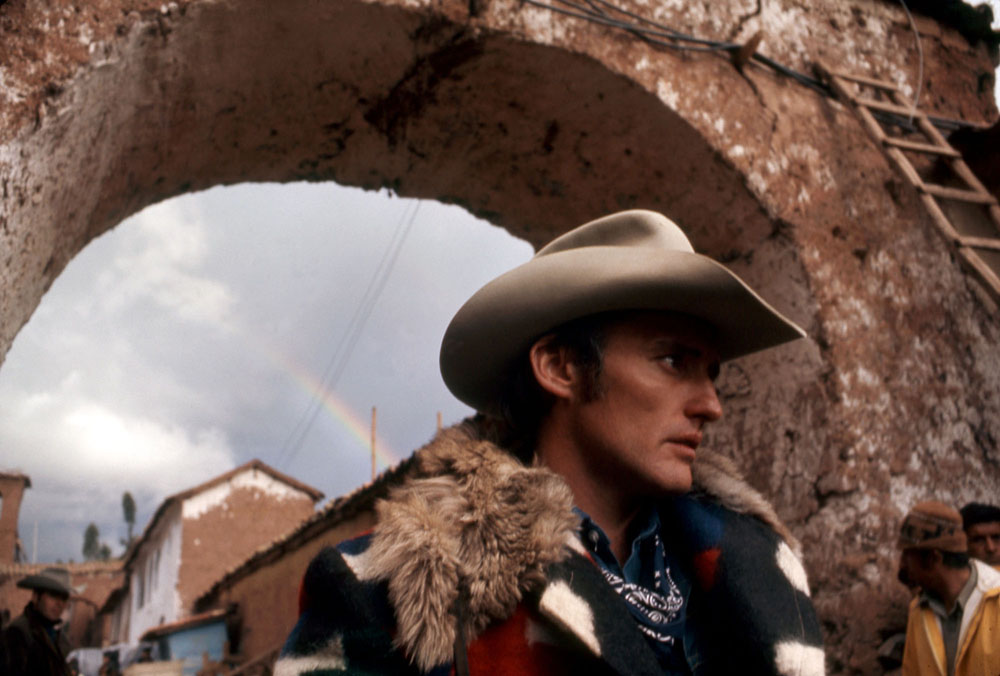
“There is a time to die, and a time not to.”
Dennis Hopper, the director of “Easy Rider”, creates a unique, lost and criminally underrated gem of cult cinema. “The Last Movie” is an unconventional story about Kansas (Dennis Hopper), an American who works as a stuntman in a western film production in Peru.
As soon as the film production is finished, he is forced by the locals to take part in a fake film called “The Last Movie”. However, the locals believe in authenticity and realism of cinema. Thus, they want to kill him in real action.
“The Last Movie” is a fictional film within a real film that stands out as a commentary on Hollywood’s movie production. It is an unconventional, at times delusional film, that not only critiques the methods of Hollywood cinema but also creates a dream-like world of endless possibilities. Dennis Hopper quoted Godard’s words in order to explain his movie “A story should have a beginning, a middle and an end, but necessarily in that order.”
Like “Easy Rider” the movie has a gorgeous cinematography, an experimental editing technique and beautiful country music by Kris Kristofferson. A buried treasure of American cinema.
7. Lucky (2017)
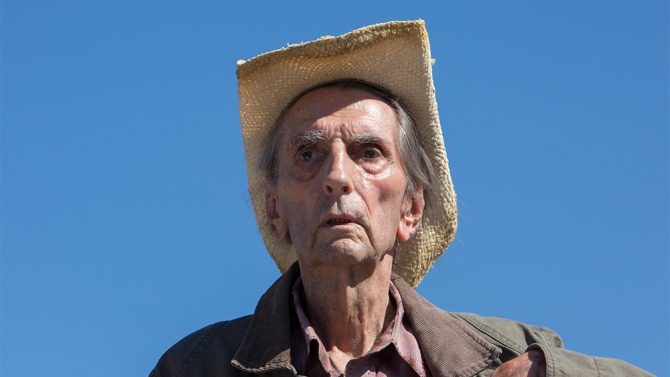
Harry Dean Stanton, in his last performance of his career, stars as Lucky a ninety-year-old atheist who spends his last days in a small deserted town in southwest. Lucky spends most of his time by watching game shows, working puzzles, smoking cigarettes and drinking with his friend Howard (David Lynch) at a local bar. He has already experienced the philosophical journey of life, so he is a man with no worries or fears. He is an atheist, a nihilist, but most of all a guy living a life of inner peace.
“Lucky” is Harry Dean Stanton’s last screen performance before his death at the age of 91. It is actually a brutally honest depiction of life, as well as an existential and realistic portrait of a meaningless yet beautiful world. Although it is a slow paced drama with zero action, it is a wonderful study of a beloved and amusing character. “Lucky” is a film that questions life’s true meaning and real purpose. It shows the acceptance of life as it is.
Despite the fact that “Lucky” was underappreciated upon its release, Stanton delivers an essential and outstanding performance creating a warm atmosphere. It is definitely a humane and meaningful film of cult cinema.
6. House (1977)
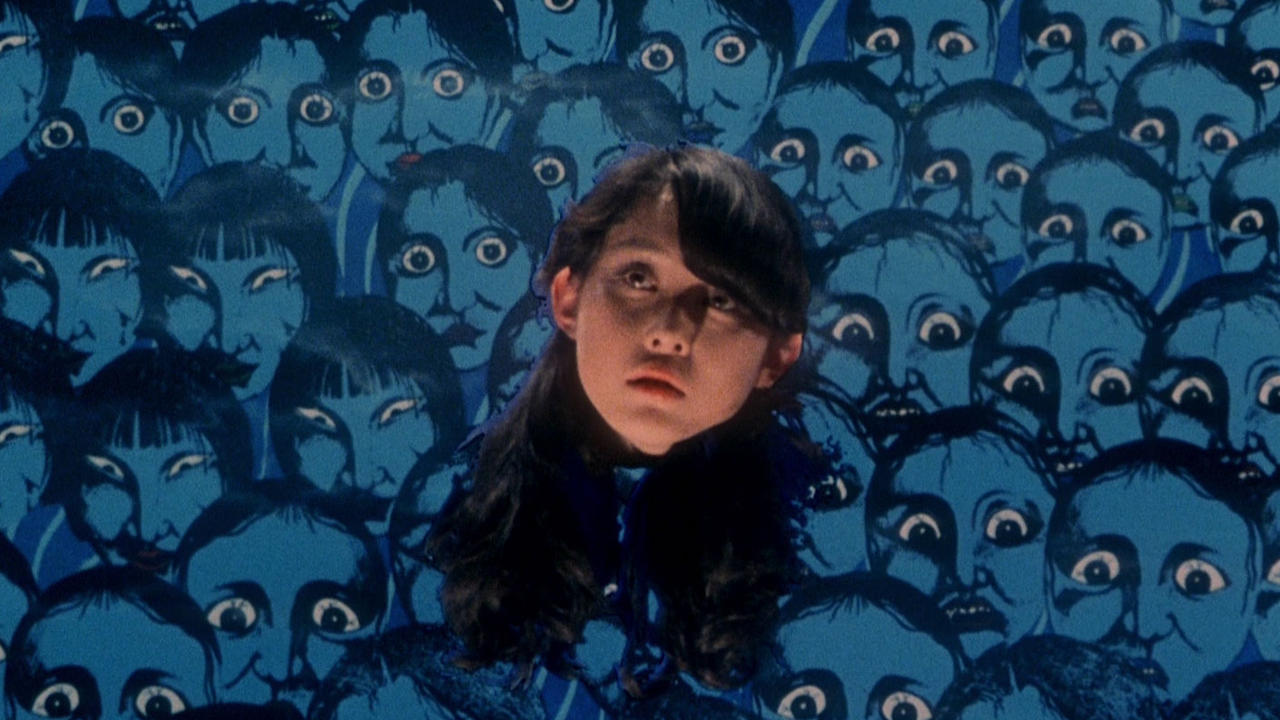
“House” is one of the weirdest films of all time. A Japanese schoolgirl and her six friends visit her aunt’s house in an isolated and creepy place for summer vacation. There they have to deal with horrifying and unforeseen problems, as well as with supernatural threats.
Although, “House” is a b-rated comedy-horror flick with unconvincing performances, its is absolutely a quite entertaining and hilarious experience. The experimental special effects, the unconventional editing and the colourful cinematography create a beautiful dream-like world. It is a surreal trip into madness where nothing can be explained.
A slasher flick with comic scenes, cult characters and extraordinary visual effects. Not only “House” is a delightful and funny version of a horror movie, but also an unforgettable and tense cinematic experience. It is probably one of the strangest films of the Japanese cult cinema.
5. Christine (1983)
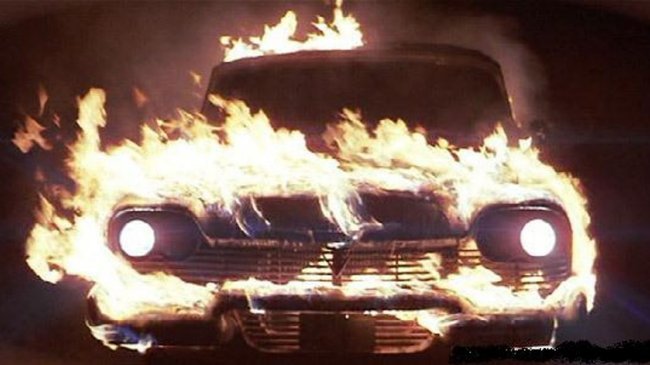
“How do you kill something that can’t possibly be alive?”
Directed by John Carpenter, “Christine” is the film adaptation of Stephen King’s novel. It is a supernatural horror story that follows a teenage boy who develops strong and deep feelings about his restored car “Christine”. But this extraordinary car with supernatural powers in order to protect her beloved owner, kills and destroys everyone that is a threat to them.
This is probably the most underrated film by John Carpenter. Not only it is a horror flick with great visual effects and sharp direction, but also a unique adaptation of an outstanding story. Moreover, the tense music and the great performances by the actors create a shocking experience that will entertain everyone. Fortunately, “Christine” has a lot of cult followers that preserve and admire this cinematic cult treasure.
Although, “Christine” stands out as a pure masterpiece of cult cinema amongst cinephiles, the film deserves more love and attention.
4. The Last Wave (1977)
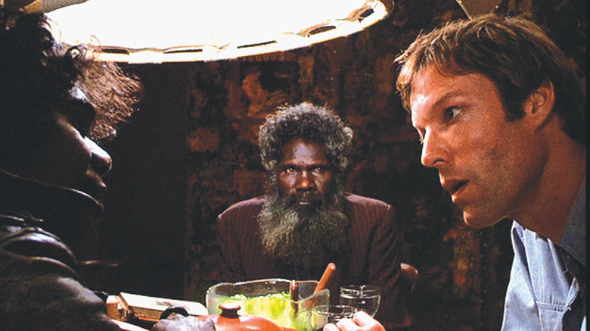
Set in Australia, “The Last Wave” is Peter Weir’s unsung masterpiece that follows the story of a mysterious and spiritualized murder. David Burton (Richard Chamberlain) is a lawyer that has to defend five Aboriginal men who are suspects of the murder.
Not only he has to find the truth about this case, but also he has to deal with his premonition that a huge wave is going to destroy the whole world (hence the title). David soon starts to have strange visions and delusional dreams about this ancient tribe of Aboriginals.
Peter Weir, who has also directed other mysterious films such as “Picnic at Hanging Rock” and “Fearless”, creates another atmospheric and magical world. It is a dream-like world of ancient rituals and weird dreams, where reality looks like a nightmare. Furthermore, it is David’s personal, spiritual journey to find the monumental truth about himself and life’s true meaning.
Despite the fact that “The Last Wave” is an undiscovered apocalyptic drama of the Australian culture, it is philosophical movie with marvellous cinematography and exceptional direction.
3. Blue Collar (1978)
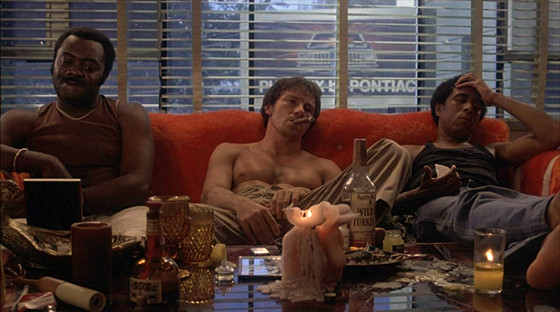
“Blue Collar” is criminally underrated working-class drama directed by Paul Schrader. It tells the story of three industrial workers (Harvey Keitel, Richard Pryor and Yaphet Kotto) who decide to steal some money from the local labour union. This decision eventually leads them to a world of corruption, betrayal and pain.
Paul Schrader, the writer of “Taxi Driver” and director of “Hardcore”, creates a highly controversial film about political corruption and exploitation of labour. It is a critique of capitalism (described also as a Marxist film) depicting the unsuccessful effort of the working class to fight the system.
Through Paul Schrader’s disturbing vision we see a dark world of injustice and cruelty, where no one can escape. Moreover, the performances by the three main characters are phenomenal creating a tense and dramatic atmosphere.
Overall, “Blue Collar” is an unsung masterpiece of one of the most underappreciated directors of all time, Paul Schrader. Not only it is a powerful drama with social commentary, but also a brilliant depiction of reality. It is definitely a worth seeing film.
2. The Shout (1978)
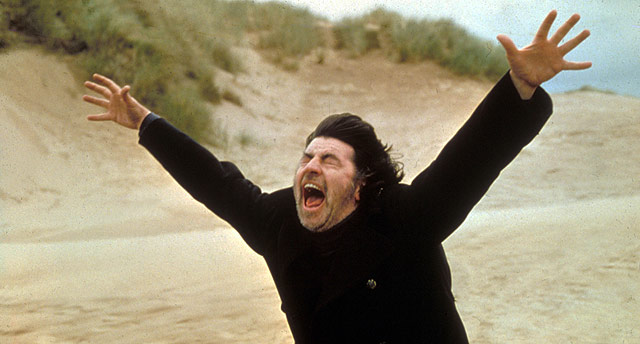
“The Shout” is a haunting tale of pure horror and madness. A mental patient narrates the story of Charles Corsley (Alan Bates) a mysterious traveller who invades the lives of a couple. Charles uses his unique magical ability (The Shout, hence the title), that learned from the Aboriginals, in order to terrorize and enslave the couple.
Directed by Jerzy Skolimowski, “The Shout” looks a lot like Nicolas Roeg’s tense thriller “Don’t Look Now”. Both films are quite suspenseful with disorientated images and flashbacks that create a horrifying and delusional nightmare. It is a journey into the abyss of the human soul, where you have to face your fears and nightmares. In addition, the wonderful experimental music and the unique cinematography create a spooky and atmospheric masterpiece.
“The Shout” is probably Skolimowski’s greatest cinematic achievement. A metaphysical horror film that can cause hallucinations and nightmares.
1. Possession (1981)
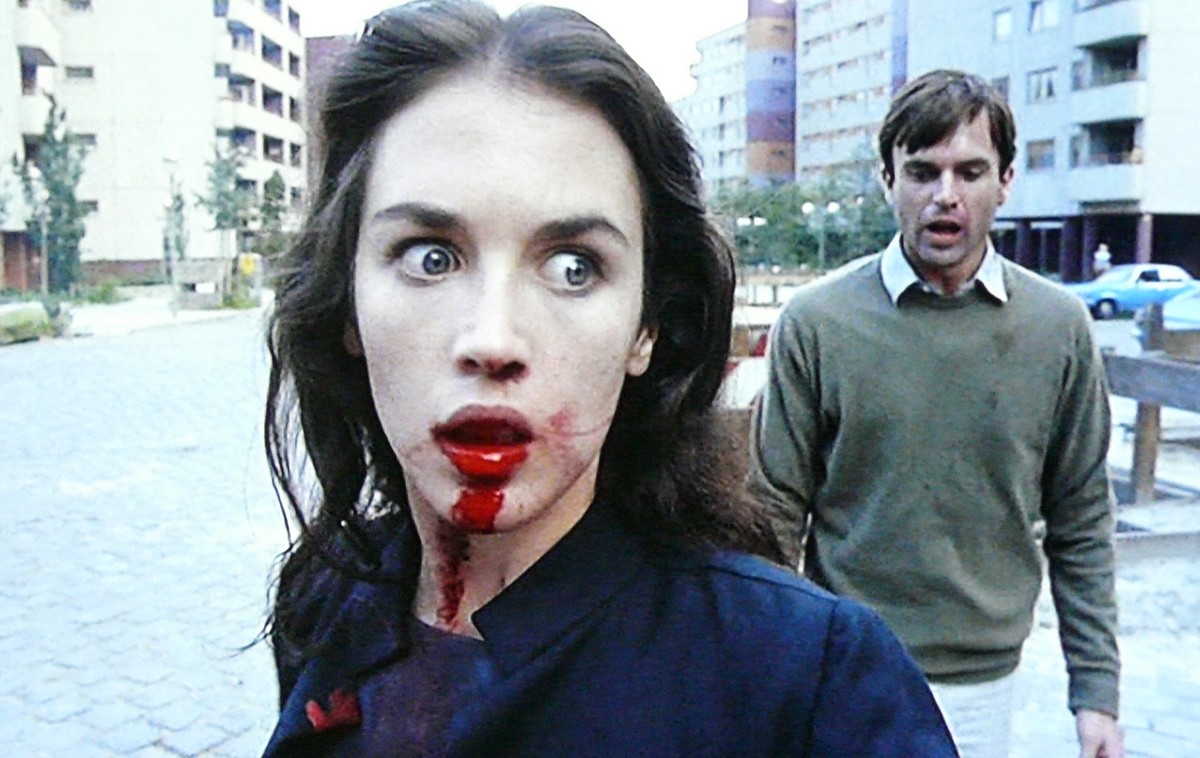
“Possession” is probably one of the most weird, dark and utterly insane movies of all time. Directed by Andrzej Zulawski, this nightmarish horror film follows the story of a young woman Anna (Isabelle Adjani) divorcing her husband Mark (Sam Neill).
Believing that Anna is having an affair, Mark decides to follow her. He eventually finds out that this is not the case. The truth is that there is something dark and odd about Anna’s behaviour. She shows symptoms of schizophrenia followed by violent acts and thoughts of being mad.
This brutal depiction of the marital relationship creates an intense and extremely bizarre world, where reality becomes a nightmare. Isabelle Adjani delivers one of the most powerful and compelling performances of all time. She creates a portrait of an evil, psychotic and utterly insane woman, who has no purpose, no fear and no thoughts.
Although “Possession” is probably the greatest art-house horror movie of all time, it is only praised by cinephiles. This one of a kind film needs more attention and love.